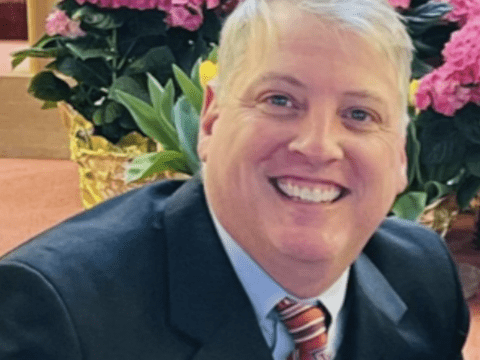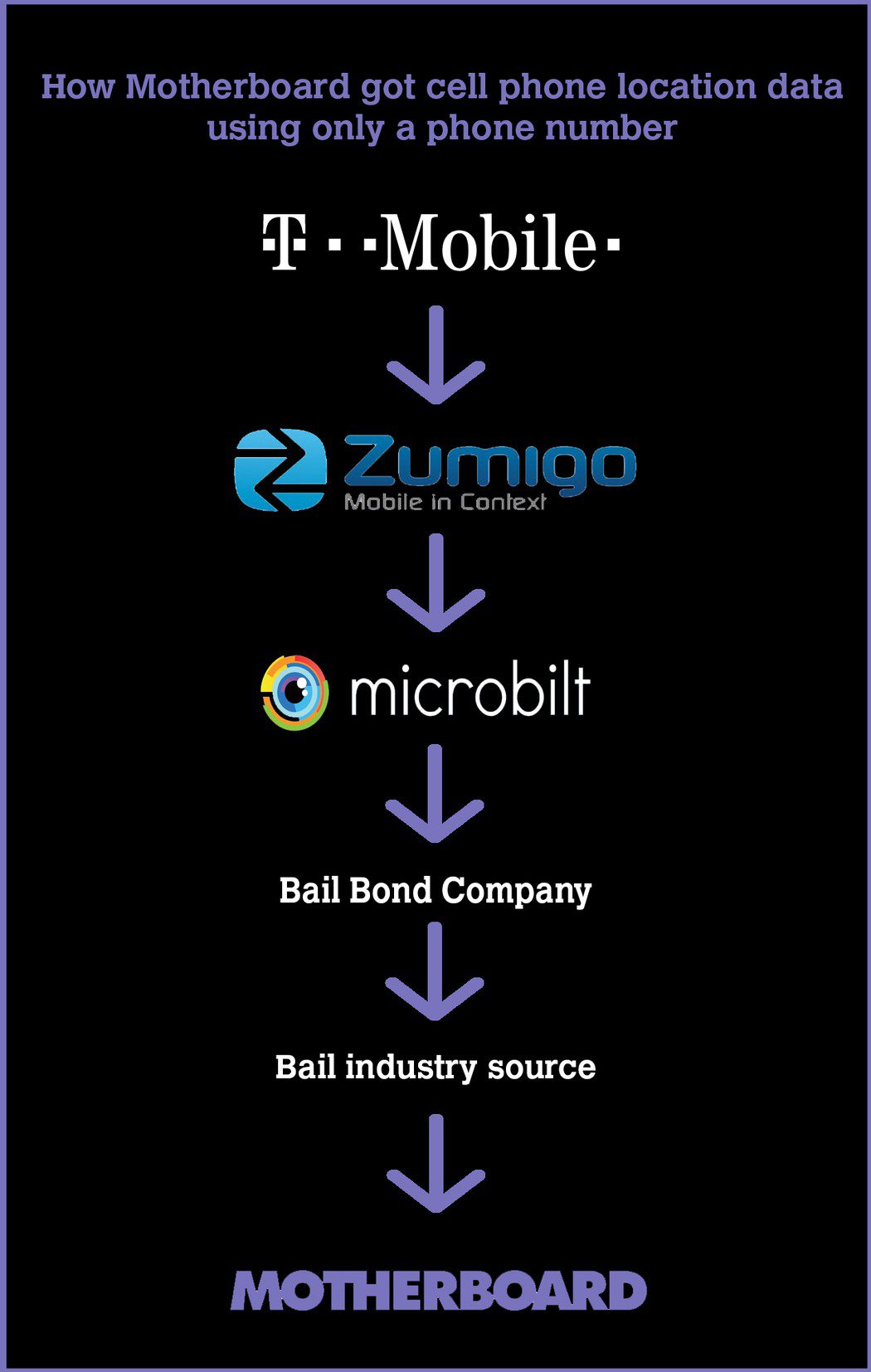Update, May 13, 2023: Disregard my endorsement of Liberty Healthshare. My experience with them was very disappointing. I learned that very little was covered and just getting reimbursed for my annual physical exam took nearly nine months. After I officially quit and informed them of that, I later had to spend hours getting them to stop charging me automatically. Further, having them made my health care more expensive, because once a provider learned that I was a member, they would charge me a much higher rate than if I had nothing, and since nearly everything came out of my pocket due to their limited coverage, my costs were significantly higher. Worse than having nothing, at least the way they worked out for me, with really awful customer service.
Sometimes our little setbacks or disappointments can open doors for big steps forward. One frustration and disappointment with my return to the US after 9 years in China was discovering how difficult health care and especially insurance has become in the U.S. It seems that foreigners in the Communist nation of China have more options and economic freedom when it comes to health insurance than US citizens do in the U.S.
To be more specific, my disappointment came in two parts: (1) the surprise discovery that US health insurance would not be available through my work as I had been counting on, and (2) finding that purchasing private insurance was extremely difficult. In China, if you want basic insurance or added coverage, you call an agent, choose from a wide variety of plans, and sign up right away. It’s much harder here, but these disappointments led to unexpected blessings.
In the US, I found that healthcare companies didn’t return my calls and seemed to have no motivation to work with me. Those that I reached told me I needed to enroll through Healthcare.gov. I wasted hours trying to enroll there, ultimately finding that the US government’s system did not recognize me as a US citizen.
The system would not allow me to enroll for their expensive plans due to technical glitches in their poorly programmed website. Technical support could not resolve the glitch after nearly two hours of effort, having me try all sorts of variations in the application process for an engine that just would not recognize me in spite of having paid US taxes faithfully for the past 9 years in China and many years before that, always filing with the same US address where we have kept and owned our home while renting it out during our China years. In the end, the supervisor at Healthcare.gov admitted that, “Yeah, sometimes this just happens. Sorry.” I could not accept that and didn’t give up as I think he wanted me to do. I pressed on and asked what they could do. He finally agreed to call the developer, then put me on hold, and after a few minutes predictably (according to a doctor friend of mine) just hung up on me. When it comes to health care, why does it seem that capitalism, choice, and customer service are more alive in Communist China, at least for privileged foreigners, than in the US?
With COVID raging, it seemed like health insurance was a necessity, so I was getting worried. Then I heard ads for Medi-share on the radio and saw a ray of hope, but they require a religious declaration that I could not sign in good faith largely because I believe their statement on the Bible contradicts the obvious existence of gaps and errors, however minor, that are clearly present, if only because of the challenges arising from the lack of original manuscripts and the numerous variants that exist for numerous verses in the competing texts that have been preserved. I accept it as the word of God, but can’t say it is “completely authoritative and entirely true.” It struck me as odd that my ability to get insurance would be limited by my faith. But this is a consequence of US law (the controversial Affordable Care Act), or rather the steps needed to avoid the very costly implications of US law. Such “healthcare sharing programs” aren’t actually insurance per se but are collective efforts to share health care costs organized under ministries or other religious organizations, resulting in substantially reduced costs but also some reductions in coverage. [2023 note: please see the disclaimer and update at the top of this article. I cannot recommend the Liberty Healthshare service.]
At last I found Liberty Healthshare (https://libertyhealthshare.org/), another healthcare sharing program. Their statement of belief required for members (https://libertyhealthshare.org/do-i-qualify) is actually more restrictive in some ways that Medi-share’s, but is one I can fully accept and actually like. To my surprise, their plan is not as expensive as the government plans, and the plan came with a wonderful surprise: a personal health coach who helped me set specific goals to improve my health, and encouraged me in periodic calls to pursue those goals.
I soon found myself motivated to exercise not just a time or two per week, but almost every day. I tracked blood pressure carefully for three months and paid lots more attention to diet, sleep, etc. I met the goals and feel better than ever and grateful. Regular exercise is a much bigger deal for me now, and with my wife back in the States now, our main date is going on bike rides around beautiful Appleton, which has become such a fun part of our life together, almost daily. I also found that I love going to Crunch Fitness in Appleton, the best gym I’ve ever been to. And I always look forward to going there — such interesting equipment and friendly people.
Many thanks to Brooke Preston, my health coach, and the good people at Liberty Healthshare. Also special thanks to the programmers who developed the Obamacare software that governs the health insurance for millions. Had it not been so deficient, I’d be less healthy today!











